Business planning
Seed to start-up: How 2 agricultural entrepreneurs plan to feed the nation
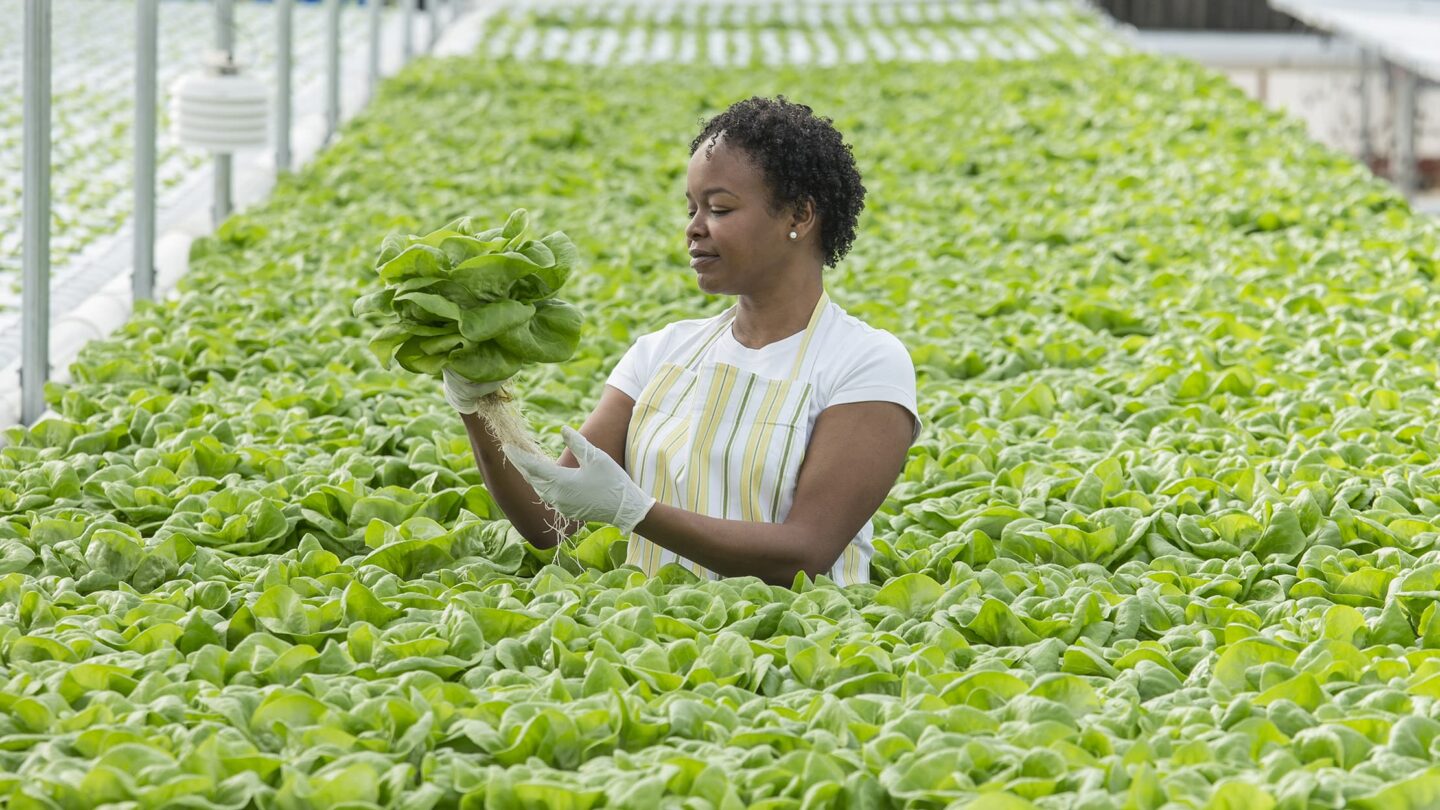
Everyone knows what hunger feels like: Rumbling stomach, blood sugar dips, mood swings. When you’re hungry, it’s hard to think about anything but food.
Yet millions of South Africans experience this feeling all day, every day. Stats SA says the impact of COVID-19 could put half the population at risk of being food insecure. That’s 29 million hungry people.
Recently, South Africa lost its status as the most food-secure country in Africa – a hard blow to a nation that reduced the number of severely food insecure people to 10% in 2018, from 24% in 2002.
But COVID-19, record unemployment levels, soaring fuel prices, and rising food inflation has undone much of that progress. And millions of families now face a stark reality: grow their own food or go hungry.
Unless two agricultural entrepreneurs from Soweto have anything to do with it.
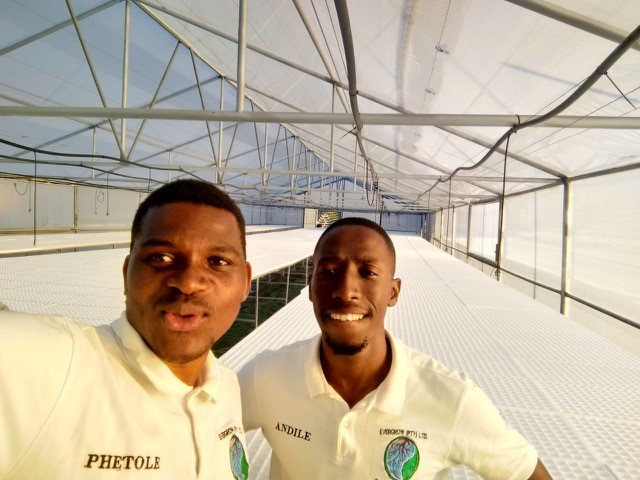
“You have to be rich to access healthy food”
Bio-scientists Andile Gcaza and Phetole Raseropo became frustrated with the high cost of healthy food in supermarkets. Fruit and vegetables are between 30% and 110% more expensive than unhealthy options, meaning many households do not have enough money to meet their nutritional needs.
With a shared interest in urban agriculture, the duo devised a way to feed their interests while feeding a nation. They founded Evergrow in 2018, an agricultural start-up that sells high-yield, fast turnover vegetable seedlings to small-scale and subsistence farmers in rural and peri-urban communities.
“As first-generation farmers, we had nothing with which to start our business: no money, tools, or resources. We had no technical training – in business or agriculture. But we had a problem to solve – democratising access to healthy food,” says Andile.
“We also had customers who were willing to pay for our product. We pitched our business to 85 customers, and everyone wanted to buy stock then and there. There was only one problem: we didn’t have any.”
So, Andile and Phetole worked through the night, planting 20 seed trays and preparing them for germination in Andile’s backyard in Soweto. Two weeks later, the sprouted seedlings were ready for sale – and they were snapped up instantly. Evergrow also secured an order for 50 seedling trays.
“It was the hardest thing getting those 20 trays out, so we outsourced the 50-tray order, but this was an expensive way to operate. We brought operations back in-house and spent the next three years growing plants and growing our skills.”
Living off the land
The real value of what Evergrow does became apparent during the COVID-19 lockdown in March last year. With the functioning of food systems disrupted, millions of South Africans in rural and vulnerable areas were forced into food insecurity.
Travel restrictions cut smallholder farmers off from the supply chain, preventing them from accessing agricultural input, like seedlings and fertiliser. What’s more, hygiene restrictions prevented farmers from selling their produce at markets and roadside stalls. Community members, who would normally buy vegetables through these channels, were cut off since most could not afford to buy fresh food at supermarket prices.
There are about four million subsistence farmers in South Africa that play a crucial role in food security in their communities. In reducing food-insecure households’ vulnerability, these farmers directly improve livelihoods and help mitigate high food price inflation.
“We saw an opportunity to bring input stock closer to the farmers – within a 10km radius – enabling them to continue growing vegetables and to support their communities.
We also expanded our reach to other provinces by selling seedlings online. E-commerce now drives 20% of overall sales,” says Andile.
Khulisa iBiznis
Evergrow is a graduate of the South African Institute of Chartered Accountants’ (SAICA) Khulisa iBiznis Funding Accelerator Programme. Over 12 months, coaches and mentors equipped entrepreneurs and small business owners with the skills and tools to become financially savvy and expand their businesses.
“The most valuable lesson from this experience was that, if you can’t measure something – like inventory or cash flow – you don’t know if you’re going forwards or backwards,” says Andile.
“We learnt the business mechanisms, such as cash flow management, supplier negotiation, stakeholder identification, and how to compile accurate financial information when applying for finance. And we learnt how to pitch effectively, market effectively, and articulate our value to stakeholders.”
Today, Evergrow germinates 40,000 seedlings every week and has supplied over one million seedlings to 100 farmers and beneficiaries in Johannesburg, Pretoria, Eastern Cape, and North West. It’s also part of the Urban Agriculture Group, which seeks to develop sustainable farming ventures that meet communities’ needs today and in the future.
Evergrow is so much more than a player in the seedling supply chain. It also offers consultancy and advice to farmers, such as optimising their crop output, soil health best practices, and customer service. For Andile, food security is as much about improving access to healthy, nutritious food as it is about easing the discomfort associated with hunger.
“We need to encourage people to build their own food systems, to teach them to be self-reliant and less dependent on handouts and commercial farming,” he says.
“As our business grows, it becomes more and more apparent that this isn’t about us; it’s about the people we serve and the farmers we partner with in the value chain. There’s power in numbers. In partnering with farmers in other provinces, we’ve been able to feed more people and support more peri-urban and small-scale farmers.”
Now, Evergrow has its sights set on bigger, more impactful partnerships.
“We’re hoping to double or triple our output in the next two years and to become the backbone of food security in South Africa. We can only achieve this through partnerships with nurseries, the Department of Agriculture, and organisations like Food and Trees for Africa so that we can scale and reach more people,” says Andile.
Lessons from seedlings
Nurturing a business and preparing it for growth is a lot like growing vegetables, says Andile. And, if you trust the process and commit to something bigger than yourself – like solving the hunger crisis – you will naturally bear fruit.
Here’s his advice:
- Start with a seed: Have a problem to solve.
- Plant the seed: Find a customer who’s willing to pay for the problem to be fixed.
- Nurture its growth: Seedlings need the right amount of water and sunlight to germinate. What comes next in your business depends on how well you nurture it.
- Learn as you grow: Starting a business is five times harder than you think it will be, but the rewards are worth every sacrifice and failure.
“The best advice I’ve received is to let my interests drive me within the capabilities of my skillset. True resilience comes from being able to pivot within your skill set in response to macroeconomic factors like a global pandemic and – most importantly – identifying what’s missing and upskilling yourself to plug the gaps.”
7 ways to take control of your business
Want to know how you can take control of your business? Read this guide for top tips to help you master your business admin.
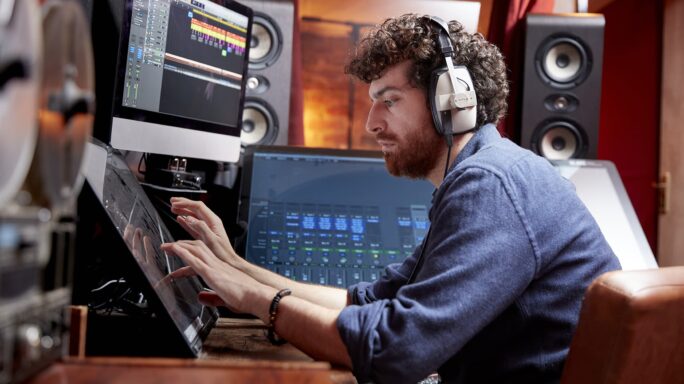



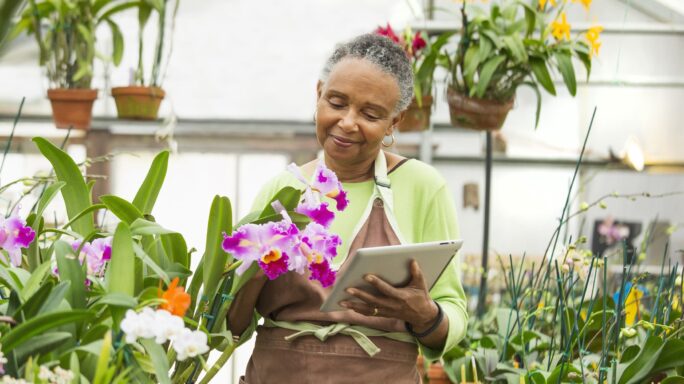


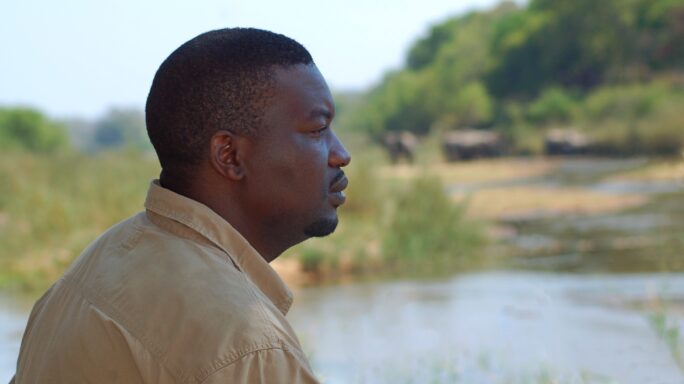
Ask the author a question or share your advice